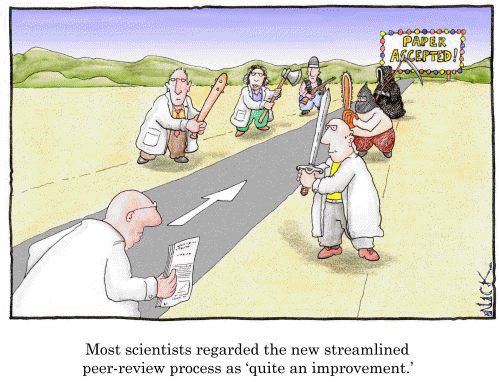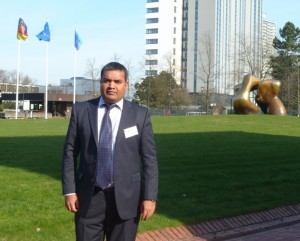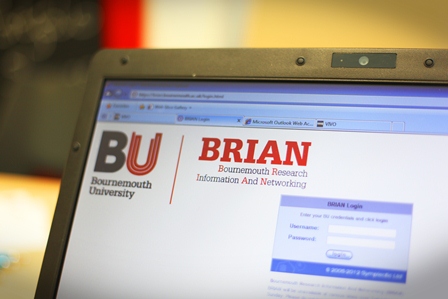 Archaeologists from the School of Applied Sciences have been awarded a Staff Mobility grant from the Fusion Investment Fund as part of the SMN Strand Santander Scholarships to develop a link with the Department of Archaeology at St Petersburg State University in Russia.
Archaeologists from the School of Applied Sciences have been awarded a Staff Mobility grant from the Fusion Investment Fund as part of the SMN Strand Santander Scholarships to develop a link with the Department of Archaeology at St Petersburg State University in Russia.
The aim of this proposal is to establish a collaborative, international project between BU and St Petersburg State University based on shared interests in the area of archaeology, with specific reference to osteoarchaeology. Building upon previous contacts established with Russian colleagues, the project that emerges from this proposal will aim to link students (from both SPSU and BU) and research-active staff (again from both institutions) in such a way that will allow student placements to be developed and funding identified and applied for that will support research and student participation.
Research into how people have used and treated domestic and wild animals over time has been one that the School of Applied Sciences has been pioneering for many years and will form the basis for this collaboration. This includes how people regarded animals within a cultural context as well as how human impact has affected animal populations (e.g. the decimation of the beaver population within NW Russia in the late medieval period). This project will bring together issues of biodiversity and environmental change within a study of how past societies have viewed certain animals within their culture.
The proposal is to use this summer as the opportunity to develop a specific project with our Russian colleagues, designing it and its methodology, identifying funding sources, and agreeing to collaborate in such a way as to involve students in the project.
The resulting project will deliver a clear contribution to Fusion by linking research, student placements, and teaching and learning for both undergraduates and post graduates within the School of Applied Sciences.
For further information please contact either Dr Mark Maltby (mmaltby@bmth.ac.uk)or Professor Mark Brisbane (mbrisbane@bmth.ac.uk).
 The Society’s public engagement grants aim to support members promoting psychology to wider audiences either through direct public engagement or by organising interesting and relevant communications activities.
The Society’s public engagement grants aim to support members promoting psychology to wider audiences either through direct public engagement or by organising interesting and relevant communications activities.






















 April’s Café Scientifique – Should we help machines understand and respond to our emotions?
April’s Café Scientifique – Should we help machines understand and respond to our emotions? Postgraduate Research Experience Survey (PRES) 2024 – 2 WEEKS LEFT
Postgraduate Research Experience Survey (PRES) 2024 – 2 WEEKS LEFT Working with The Conversation: online training session – Wednesday 8th May
Working with The Conversation: online training session – Wednesday 8th May Apply for up to £1,000 to deliver an event and take part in a national festival of public engagement with research
Apply for up to £1,000 to deliver an event and take part in a national festival of public engagement with research MSCA Postdoctoral Fellowships 2024
MSCA Postdoctoral Fellowships 2024 Horizon Europe News – December 2023
Horizon Europe News – December 2023